– We, Hungarians, talk about things honestly and directly, which can make our voice stand out in the EU. This, however, is only party true, as French President Emmanuel Macron recently delivered a speech, in which he said the EU will perish if its competitiveness is not improved,” – Prime Minister Viktor Orban told Kossuth Radio's Good Morning, Hungary! program in his Friday morning interview.
Europe meets here
PM Orban explained that President Macron plays a key role in creating a competitive Europe, noting that he and Mr. Macron discussed EU competitiveness, Hungary's upcoming EU presidency, and the European Political Community summit, which Hungary will host. “The Western world will meet in Budapest,” he emphasized, adding that the United States will elect a new president before the summit, which could influence the discussions.
Now it's the West that's in trouble
What was Hungarians' mindset for a long period of time? – PM Orban asked. “Socialism has driven us into bankruptcy, so we must look at those who are successful, and then copy those market economy institutions that've made them successful, he stated. He pointed out that Hungary had completed this transformation around the early 2000s, adding that while national characteristics are necessary, the direction was clear. He emphasized that now Western nations are the ones facing difficulties. “Although the Chinese economy is successful, anyone who thinks that Hungary’s situation can be restructured in line with the Chinese solution is mistaken. The Eastern model is culturally inapplicable here. We must assemble a model that works for us. Hungary has to find its own way,” PM Orban emphasized.
Staying out of the war
Regrettably, the Cold War mentality has re-emerged in the economy due to the Russia-Ukraine conflict, PM Orban remarked. “Bringing back the Cold War is a bad idea, but this is how many are responding to the Russia-Ukraine war, even declaring an economic war,” he added.
He pointed out that while it may have seemed that Hungary had no room for maneuver in terms of the Russia-Ukraine war, the country managed to stay out of the conflict, even though the entire EU was saying the same thing. “Right now, the Western countries are in the process of losing a war. We managed to avoid stay out of the war, which also allows us to stay out of a harmful economic policy,” Mr. Orban said.
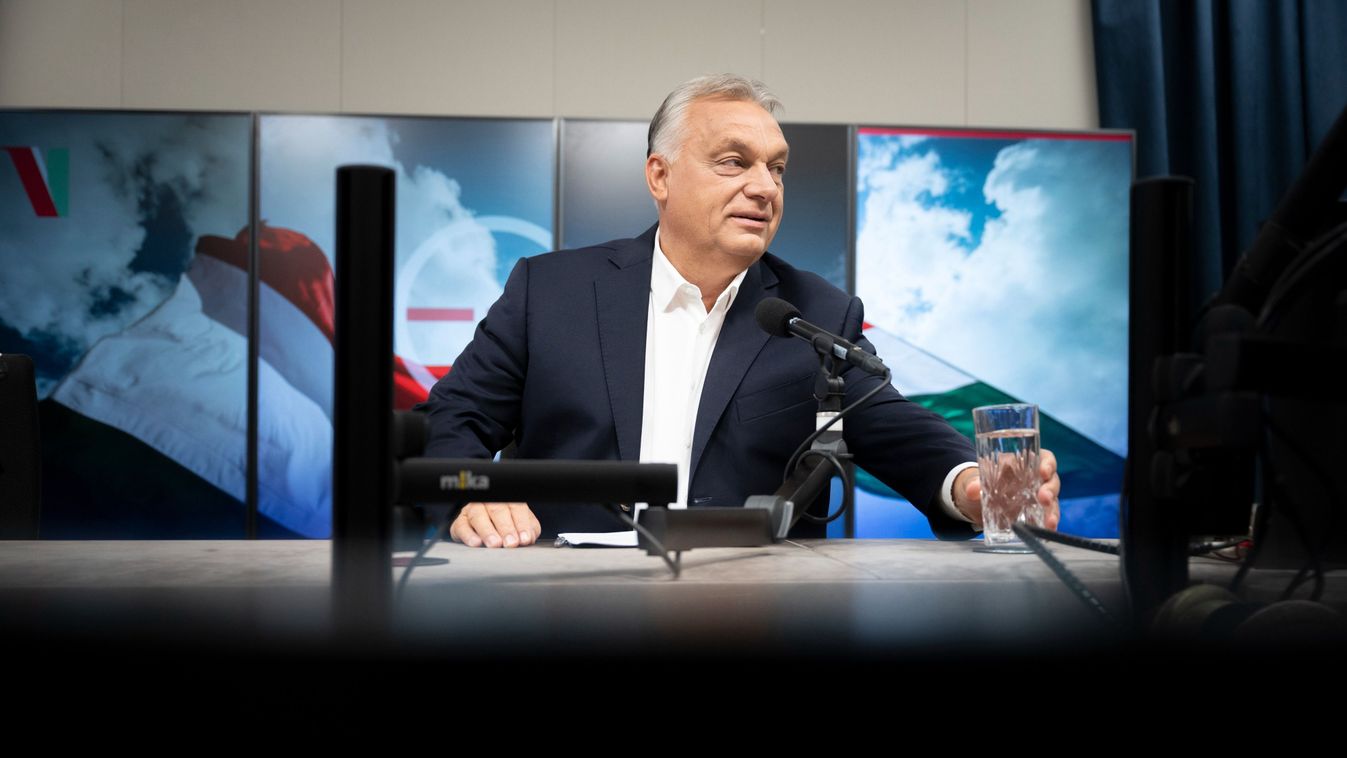
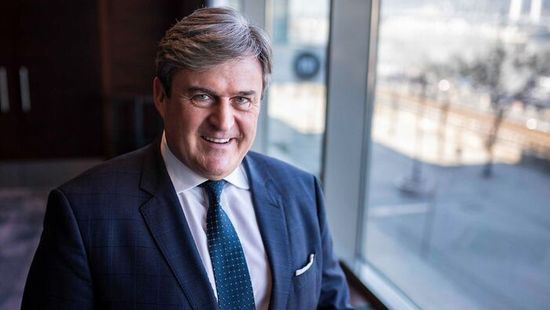
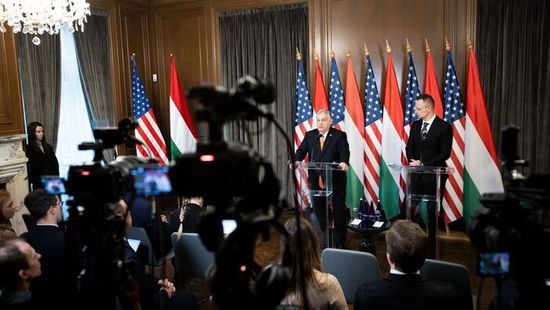
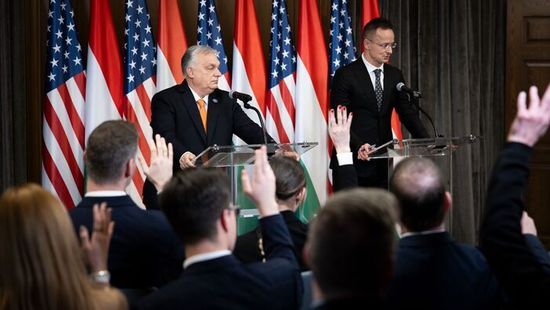
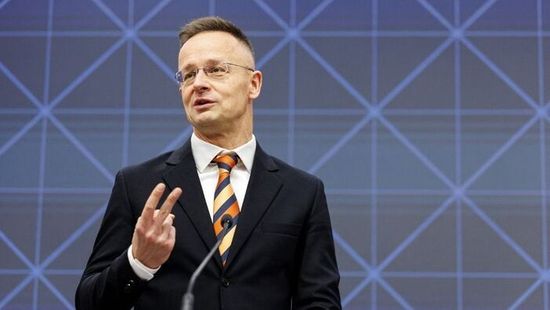

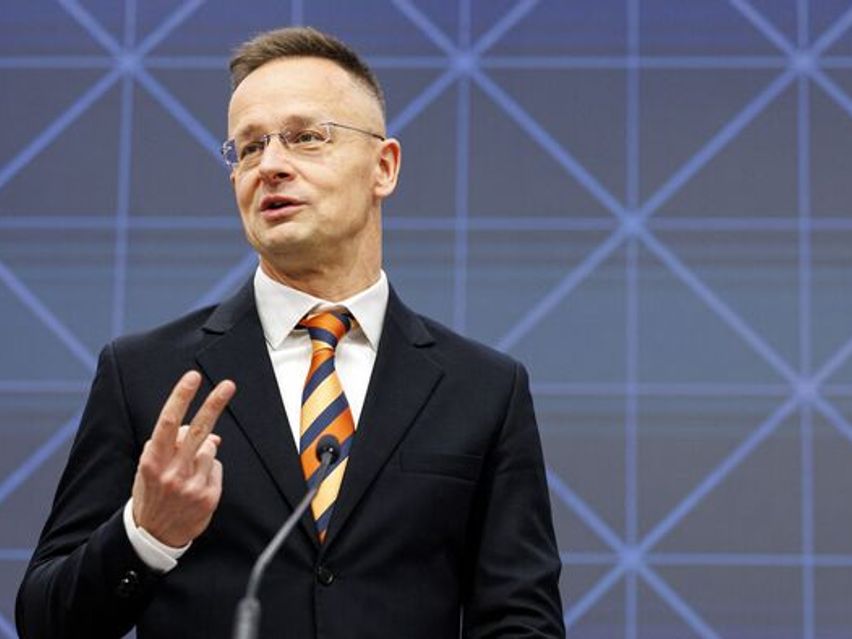
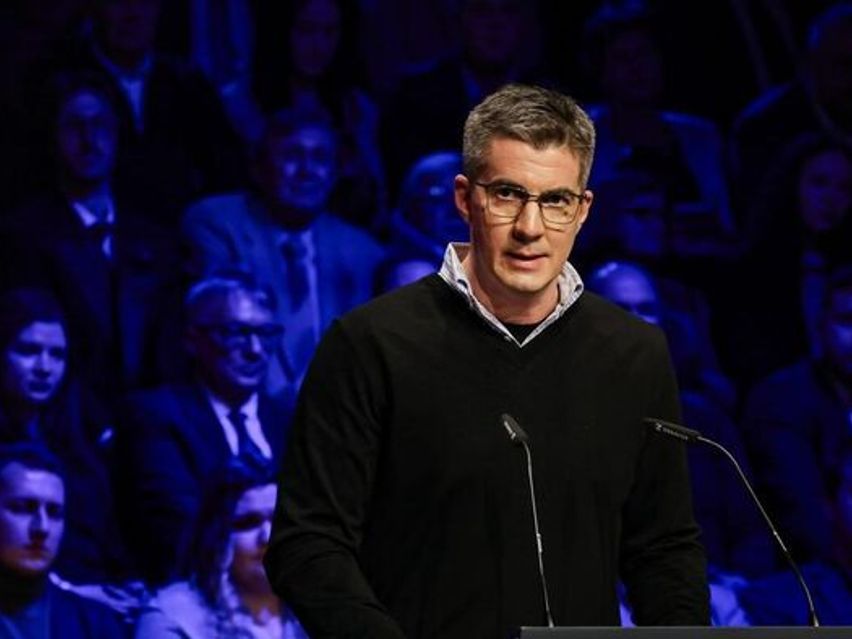
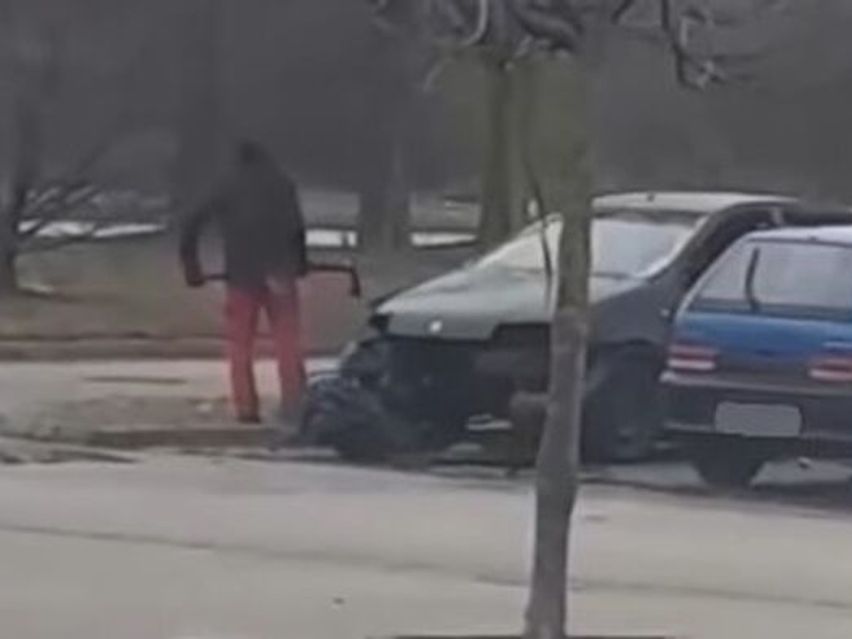
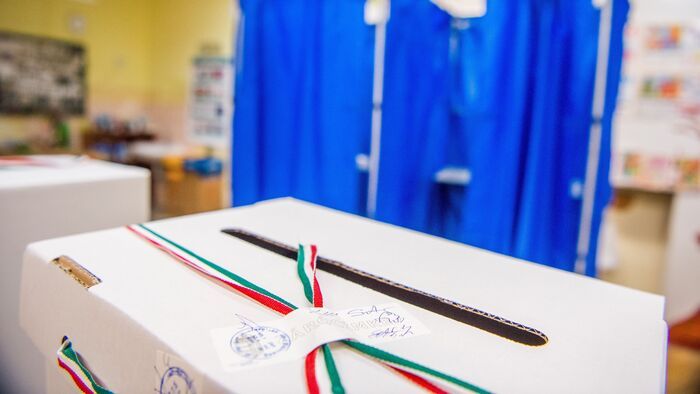

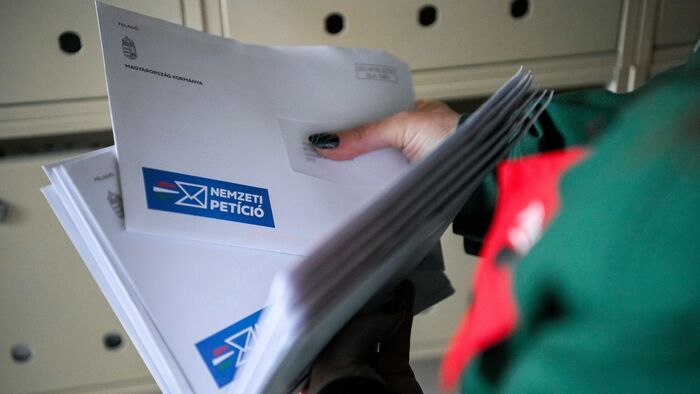
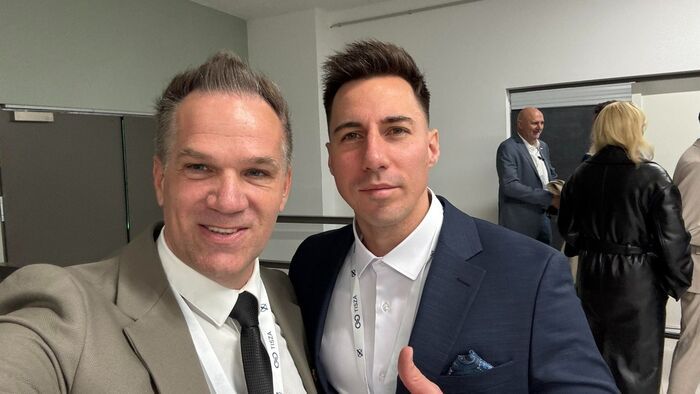
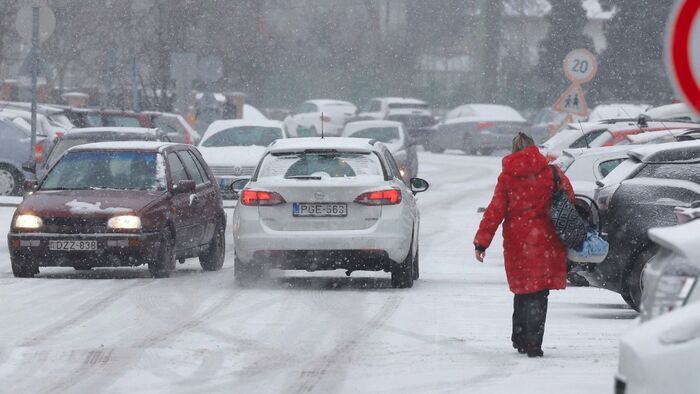
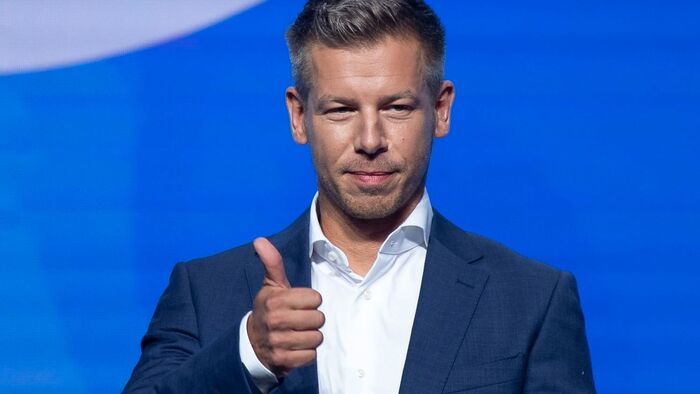

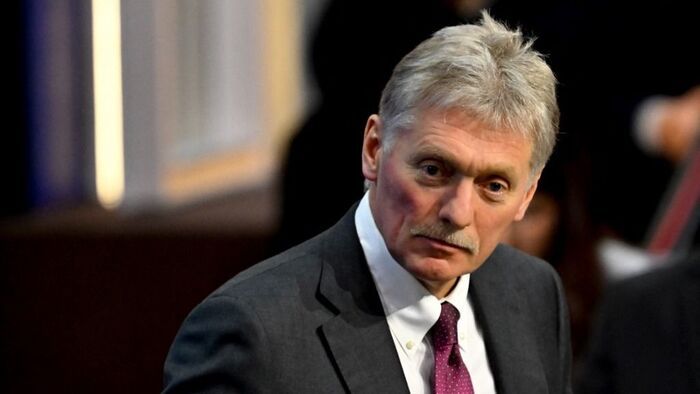



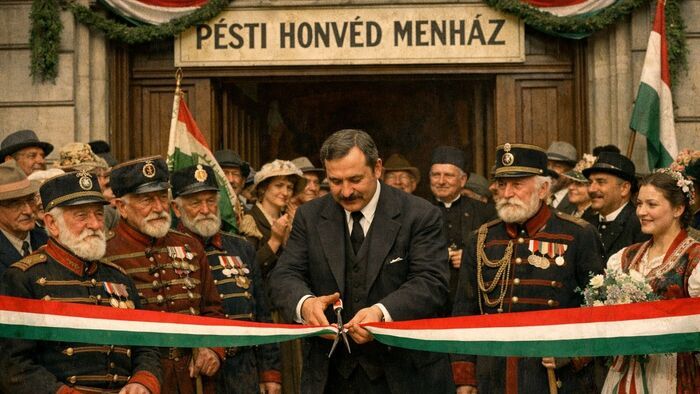
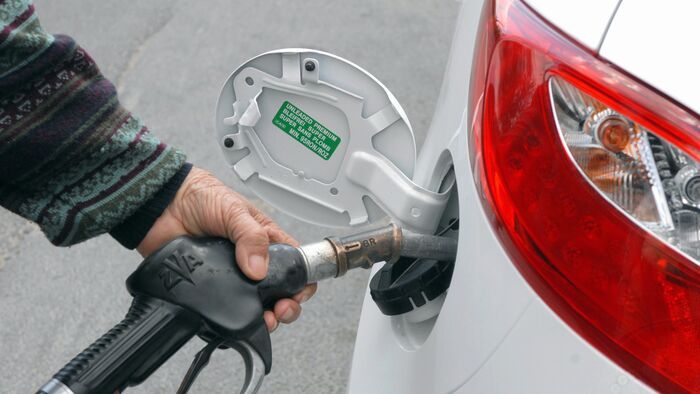

Szóljon hozzá!
Jelenleg csak a hozzászólások egy kis részét látja. Hozzászóláshoz és a további kommentek megtekintéséhez lépjen be, vagy regisztráljon!